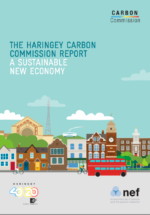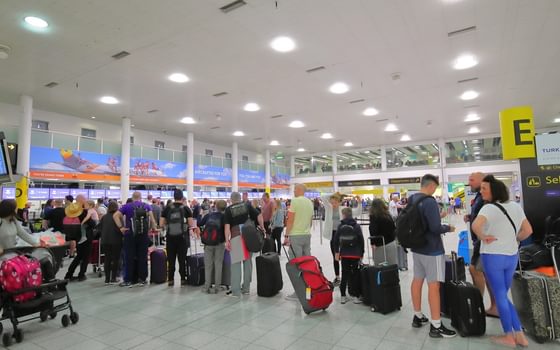The Haringey Carbon Commission
The challenge? To live within environmental limits while reducing inequality
30 October 2012
Haringey has committed to reduce CO2 emissions by 40 per cent by 2020. As the most unequal borough in London, the challenge for Haringey is a microcosm of the global sustainability challenge – to live within environmental limits while reducing inequality.
Only by investing in the transformation of the economy of the borough will we be able to provide the basis of future prosperity. The economic prize is substantial. It is estimated that for the UK as a whole the UK low carbon and renewables sector in 2010 was worth £76 billion offering new employment opportunities as the sector grows. For Haringey to capture its share of this economic prize, we need to support the growth of green industry in the borough through the creation of a low carbon enterprise district, and ensure enterprise and job opportunities are created locally.
Developing innovative enterprise models that retain wealth in the borough will ensure the benefits of this economic prize are shared more equitably and address the unacceptable levels of inequality within the borough.
Proactive action is required by the council, harnessing all the levers available to them to ensure that in greening the borough the economic benefits remain within the borough. Meeting local demand for ecoretrofitting and installing alternative energy generation could even in the short term create or safeguard an additional 3,000 local jobs, and contribute to a 10 per cent reduction in carbon emissions in Haringey. By 2031 up to 11,000 jobs could be created in Haringey in low carbon and renewable sectors.
Residents and local sustainability groups need to play a key role in supporting people within the borough to live more sustainably.
The Carbon Commission, working with local groups, have developed a set of recommendations which together form the foundations of a transition to a low carbon economy. The various roles for civil society, business and government are detailed in the main body of the report. A supportive national policy framework is required to fully realise the 40 per cent reduction in carbon emissions and associated economic benefits.
The council should use its ability to access low-cost finance to invest in shared ownership models that will kick start the new sustainable economy.
We have estimated that the level of investment by the council in this low carbon transition will be in the region of £35 million over the next 7 years, or £5 million per annum, repaid over a 25 year period.
Topics Climate change Energy Macroeconomics







